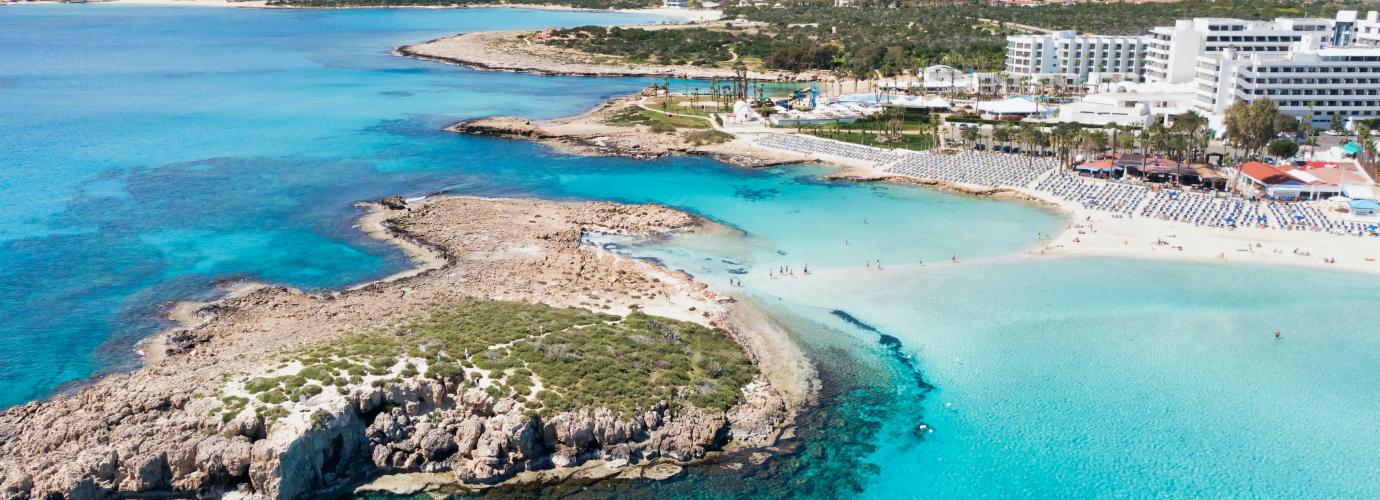Administration at the central level
Administration of education is mainly centralized in Cyprus with only a few elements of decentralization. The highest authority for policy-making in education is the Council of Ministers, while overall responsibility for education rests with the Ministry of Education and Culture (except for the case of five public, non-university level institutions of higher education which come under the remit of other ministries). The Ministry of Education and Culture is responsible for the administration of education, the enforcement of education laws and, in cooperation with the Attorney General’s Office, the preparation of bills relating to education which are tabled in the House of Representatives for debate and approval.
The Minister of Education and Culture is the political head of the Ministry, appointed by the President of the Republic. The Minister’s chief responsibilities are the drawing up of educational policy within the framework of the general education policy of the government and the promotion and observation of its implementation. To this end, the Minister is supported by the Permanent Secretary and the various Departments and Services of the Ministry. The Permanent Secretary of the Ministry of Education and Culture has the responsibility for administering (including control of the Ministry’s finances) and for advising and supporting the Minister in the exercise of his/her duties.
The following structures, which are either located within or work closely with the Ministry of Education and Culture, have specific responsibilities and functions in the area of educational administration:
● TheDirectorate of Primary Education: It is responsible for the administration of pre-primary, primary and special education sectors, the Adult Education Centres and the private schools at this level of education.
● The Directorate of General Secondary Education: It is responsible for the administration of general secondary education sector, the Educational Planning Unit, the Counselling and Advice Unit and the State Institutes of Further Education.
● The Directorate of Secondary Technical and Vocational Education: It is responsible for the administration of technical and vocational secondary education.
● The Directorate of Higher and Tertiary Education: It is responsible for the monitoring and control of institutions of higher education within the framework of the laws that safeguard their academic autonomy.
● The Pedagogical Institute of Cyprus: It is responsible for teacher in-service training, educational documentation, educational technology, and curriculum development.
● The Centre for Educational Research and Evaluation (CERE): It has been established as an independent unit within the Ministry of Education and Culture on par with the Pedagogical Institute of Cyprus, with the aim of undertaking scientific research in areas of educational policy, curriculum, and in-service training.
● Technical Services: It is responsible for the construction of school buildings. While School Boards are responsible for the upkeep and maintenance of school buildings, they do so in collaboration with Technical Services. School Boards and Technical Services also share responsibility for school equipment.
● The Education Psychology Service: It is an inter-departmental service within the Ministry of Education and Culture, which is accountable to the Permanent Secretary of the Ministry. It provides support to schools and advice to the Ministry on matters concerning pupils with special needs.
● The Council for Educational Evaluation and Accreditation (Συμβούλιο Εκπαιδευτικής Αξιολόγησης και Πιστοποίησης-ΣΕΚΑΠ): It is an independent body which advises the Minister on issues concerning the establishment, monitoring and operation of tertiary education institutions in Cyprus and the accreditation of programs of study offered by the private institutions of higher education.
●The Cyprus Council for the Recognition of Higher Education Qualifications (Κυπριακό Συμβούλιο Αναγνώρισης Τίτλων Σπουδών-ΚΥΣΑΤΣ): It is an independent body responsible for the recognition of qualifications awarded by institutions of higher education that are recognised in the country where they operate. Its role is analogous to that of the National Academic Recognition Information Centre (NARIC) in other countries.
●Evaluation Committee for Private Universities: It was appointed by the Council of Ministers in December 2005, by virtue of the provisions of Law 109(1)/2005 on the establishment of private universities. Its main purpose is to assess applications for the establishment of private universities.
Launching of the application of MOEC Cyprus for information to the public
The MOEC application was presented on May 30, 2019, at the Ministry of Education and Culture, with the aim to provide valid and real-time information to all interested in current issues of competence of the Ministry of Education and Culture related to Education, Culture, Sport and Youth.
Administration at the regional level
Cyprus is divided into six administrative districts, Nicosia, Limassol, Larnaca, Ammochostos, Pafos and Kyrenia. District authorities have no responsibility either in policy-making in education, educational planning or the establishment and operation of schools. Schools at all levels of education and in all the six districts of Cyprus are established by the Ministry of Education upon decisions by the Council of Ministers.

